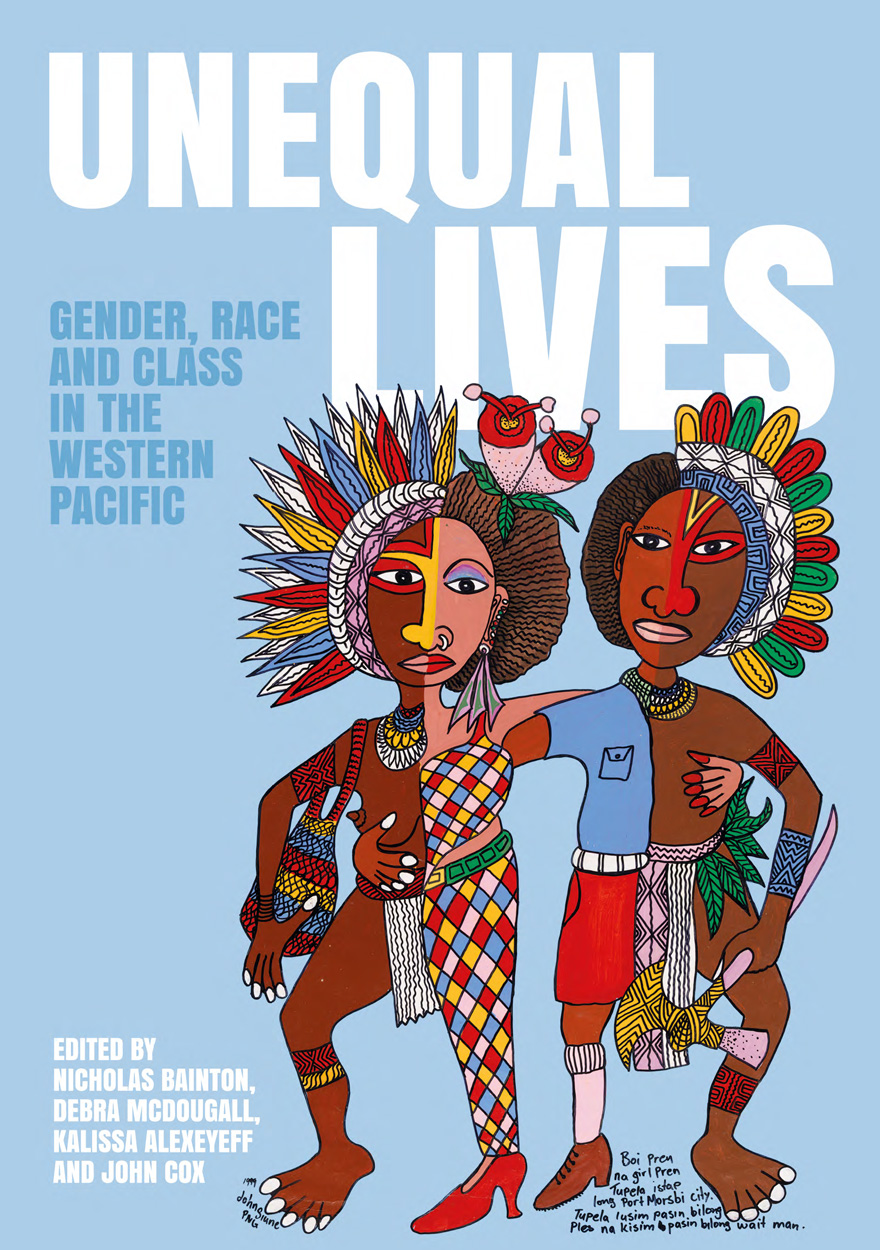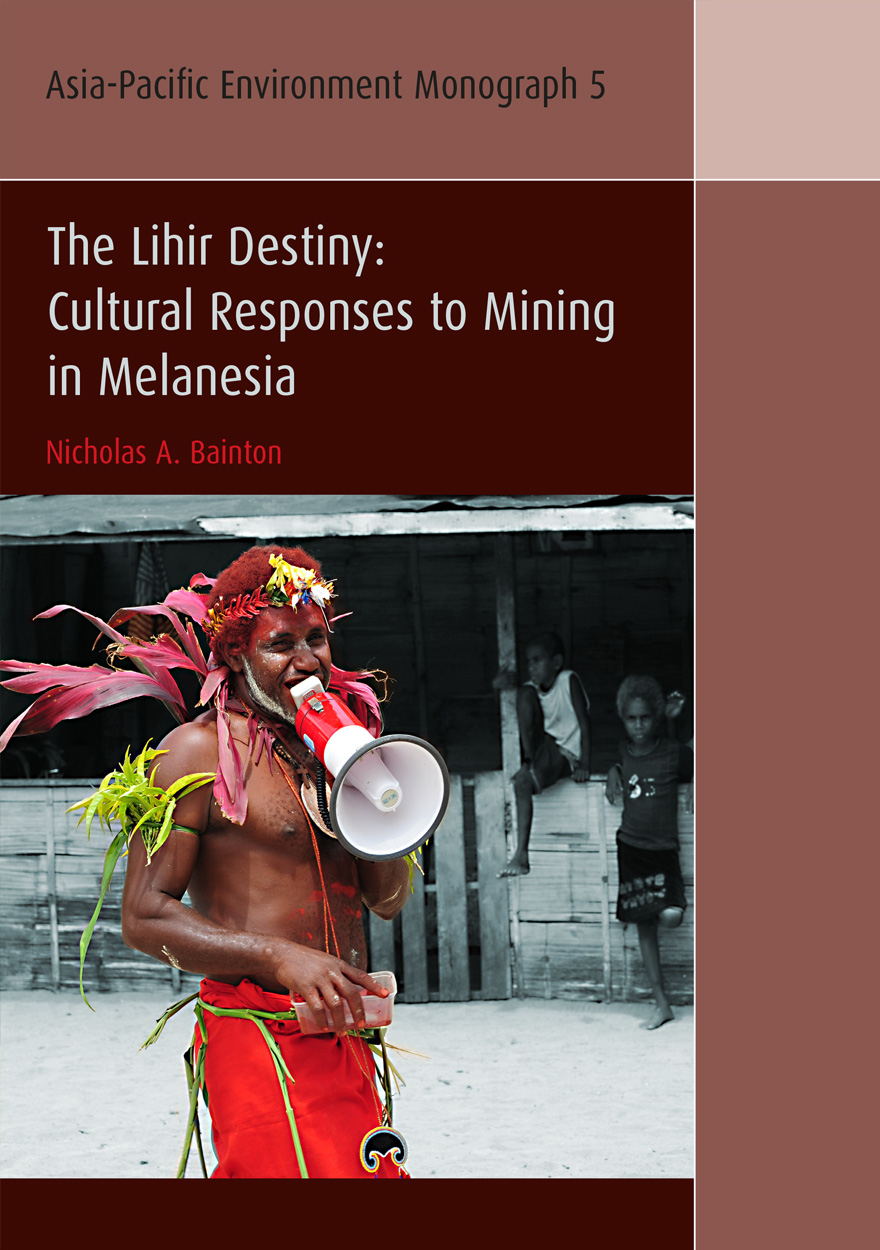Publication date: August 2021
Standing on the broken ground of resource extraction settings, the state is sometimes like a chimera: its appearance and intentions are misleading and, for some actors, it is unknowable and incomprehensible. It may be easily mistaken for someone or something else, like a mining company, for example.
With rich ethnographic material, this volume tackles critical questions about the nature of contemporary states, studied from the perspective of resource extraction projects in Papua New Guinea, Australia and beyond. It brings together a sustained focus on the unstable and often dialectical relationship between the presence and the absence of the state in the context of resource extraction. Across the chapters, contributors discuss cases of proposed mining ventures, existing large-scale mining operations and the extraction of natural gas. Together, they illustrate how the concept of absent presence can be brought to life and how it can enhance our understanding of the state as well as relations and processes forming in extractive contexts, thus providing a novel contribution to the anthropology of the state and the anthropology of extraction.
‘The Absent Presence fills a major gap in our knowledge about the relationship between states and companies – at a time when resource extraction seems to be more contested than ever. Bainton and Skrzypek have curated an incredibly impressive volume that should be read by all those interested in exploring corporate and state power, and the ever-present impacts of extraction. A highly recommended read.’
— Professor Deanna Kemp, Director of the Centre for Social Responsibility in Mining, The University of Queensland
‘Countless books have been written on the sovereign state and how it imposes a particular kind of order on economic and social interactions. What is original and compelling about this collection is the portrait of how two very different states converge when it comes to “extractive ventures”. From the presumption of exclusive sovereignty over mineral resources, to the bargains that are struck with major (often global) corporations, and the relative indifference to environmental impacts, there is a remarkable consistency in the patterns that are referred to as “state effects”. These effects are brought from the background to the foreground in this book through the blending of creative and critical thinking with detailed empirical research.’
— Tim Dunne, Pro-Vice-Chancellor and Professor of International Relations, The University of Queensland
‘This brilliant and intriguing title provides a timely contribution to understanding the actual functions and strategies of state (and state-like) institutions in resource arenas. The dialectics of presence-absence and its refractions at different levels and scales of government allow the authors to go beyond stereotypes about the (strong, weak, failed or corrupt) state, highlighting more commonalities than expected between Papua New Guinea and Australia, and even New Caledonia.’
— Dr Pierre-Yves Le Meur, Anthropologist, Senior Researcher, French National Research Institute for Sustainable Development, Joint Research Unit SENS (Knowledge Environment Society)






